Women To Watch In 2019: Part Three – The Critical Thinkers
March 10, 2019 by cassn
Life is not easy for any of us. But what of that? We must have perseverance and, above all, confidence in ourselves. We must believe we are gifted for something and that this thing must be attained. — Marie Curie
This weekend, the OnTabletop team has been talking about the women who are pioneering the games industry in 2019. These fearless females have become trendsetters, transforming the tabletop into a more inclusive, diverse, and discursive community.
For our final installment, we look closer at two women who are making progressive steps towards greater inclusion and accessibility in the games industry, ensuring that games are, indeed, for all of us.
Part Three: The Critical Thinkers
Katie Aidley, Online Content Creator, Katie's Game Corner
Katie Aidley has worked in the board game industry for around 5 years working with different boardgame publishers to help with social media, marketing and community management. Katie also has a blog called Katie's Game Corner where they talk about wargames, mental health and helping create a diverse and inclusive gaming community.
Do you think that the increase of women in the industry in recent years has encouraged better dialogue about sexual inequalities in gaming?
It is getting better but it is still not where it should be. There are a lot of societal changes that need to be made first in order for things to get better.
You’ve faced a lot of controversy over your decision to discuss the sexual harassment you’ve faced in the gaming industry. Why do you think it’s so important that we talk about this issue?
I think it's important but it is something that is happening and it doesn't get spoken about enough. A lot of women feel too worried to talk about it because it can affect people's careers and it does shine a light on people that work in the same industry as we do and we still have to face these people so it can be very scary. I also feel like it is really important for people who can speak up, to do so, to give other people who can't speak up a voice. It is also the only way we can create change in the industry and thankfully we are starting to see that change, even though we do have a long way to go.
Do you ever get accused of being an Angry Feminist?
All the time, but that's part of the parcel sadly. The truth is, I am a feminist and proud. As long as people are being heard and changes are being made, I'll take it.
What developments would you like to see to promote inclusion within the gaming industry?
There are so many changes that still need to be made, and it isn't just about including more women in the industry. I think we also need to include more people of colour and people from different backgrounds also. There is a lot that different people from all cultures and ethnicities can bring to the table.
Pauline Belford, Founder, Meeple Like Us
Pauline is an experienced educator and researcher who has been working in tertiary education for the past 18 years. She has a keen interest in gaming of all sorts and is focused on making these hobbies as inclusive as possible. She is a co-founder of Meeple Like Us and co-author on many journal and conference papers on the topic of games, narrative and inclusion. She writes occasional posts for the site, but also does a lot of work behind the scenes. Away from work and gaming she is also a keen runner, and blogs about that topic at brechinroadrunners.co.uk
What inspired you to co-found Meeple Like Us?
Michael and I were having fun with his newfound hobby, but I'm not very good at just doing things for the purposes of relaxation: there needs to be some productive purpose to it.
My main job includes a lot of teaching on a Computer Games course, and as such I have seen computer gaming going from an exclusionary to a more inclusionary hobby over the years, at least in terms of certain types of accessibility. Board games were lagging behind though, even in a lot of the areas where there are easy fixes for big proportions of the population.
A lot of the board games we were playing didn't even seem to be suitable for colour blind players as an example, and we noticed other issues too. A few quick internet and academic journal searches showed that nobody seemed to be doing any research in this area. This seemed like the ideal opportunity to carve out a new research niche and do something worthwhile whilst also having fun, so I was very keen to be involved.
What do you hope to achieve through your work in gamer accessibility?
In academia, you write research papers that get published in journals that very few people get to see unless they are also in academia and their university pays for access to the journals your papers have been published in.
Michael has started various blogs over the years in niche areas (such as coding for MUDs) and his most successful one got a regular readership of around 200 people (just slightly lower than the regular readership for my running blog brechinroadrunners.co.uk). I was hopeful that we could reach a slightly wider audience with this, and help disabled gamers to find games that would be suitable for them.
I also thought we might be able to persuade board game publishers to make some "easy wins" with regards to accessibility and therefore improve the accessibility ratings of new games coming out if we got sufficient traction. However, I was blown away by the readership figures.
This has been far more successful than anything either of us has done before in terms of actually getting the message out to people. I think we've only had a very minor impact on the industry so far, but it has certainly got people talking on Reddit!
And we have got a few publishers who send us review copies and ask for input on accessibility decisions, so it feels like things are moving in the right direction. Michael has also got a group of volunteers together to draw up some Tabletop Accessibility Guidelines which will be available to help board game designers who want to ensure the potential audience for their board games is as large as possible.
What developments would you like to see to promote inclusion within the gaming industry?
In terms of board game design, or producing new reprints of existing games, the really easy win for accessibility would probably be ensuring that all games have a colour-blind-safe palette and supporting iconography. I'd just like accessibility to be an integral part of the conversation, rather than an afterthought.
In terms of promoting inclusion, there are lots of simple things that can be done, including box art representation and how the manuals are worded. If people see people like themselves represented in the games, and the manuals don't default to male pronouns, and you can choose to play female characters, or disabled characters, that can make a big difference to kids or young adults when they are considering what games might be meant for them to play.
I also think it would be great if we could get more libraries to stock and lend out board games, and host board game taster sessions to get a wider audience into the hobby and lower the entry costs involved in trying this new hobby. Games can be very expensive and libraries can help a lot with that. I'd also like to get the Tabletop Accessibility Guidelines in a suitable state to make them available for any current or aspiring board game designers.
Do you encounter many other women in your research?
I'm lucky enough to know an indie games creator who is female: we knew each other several years before we independently got into this field. I've also had dealings with a couple of female games bloggers and more general user experience researchers in computing.
I haven't encountered any other women involved in this very specific area of research, but then there are very few people full stop doing this exact research. Hopefully, that will change if we can get some research funding as I know a couple of women who would be interested in doing funded PhDs in this area.
What has been your favourite moment working in the industry so far?
We get a lot of emails, comments, and tweets thanking us for the work that we do. It’s always great to connect people that may not have realised board-gaming was for them, with the games that prove it is.
That's all for our International Women's Weekend! Make sure to check out Part One and Part Two!
"I'd like accessibility to be an integral part of the conversation, rather than an afterthought."
Supported by (Turn Off)
Supported by (Turn Off)
"The truth is, I am a feminist and proud!"
Supported by (Turn Off)





























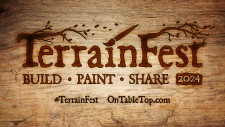

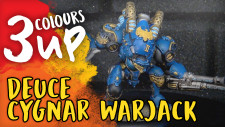
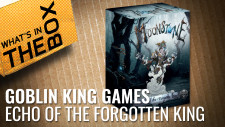
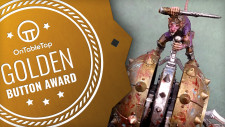


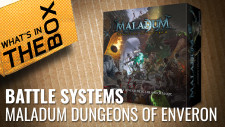






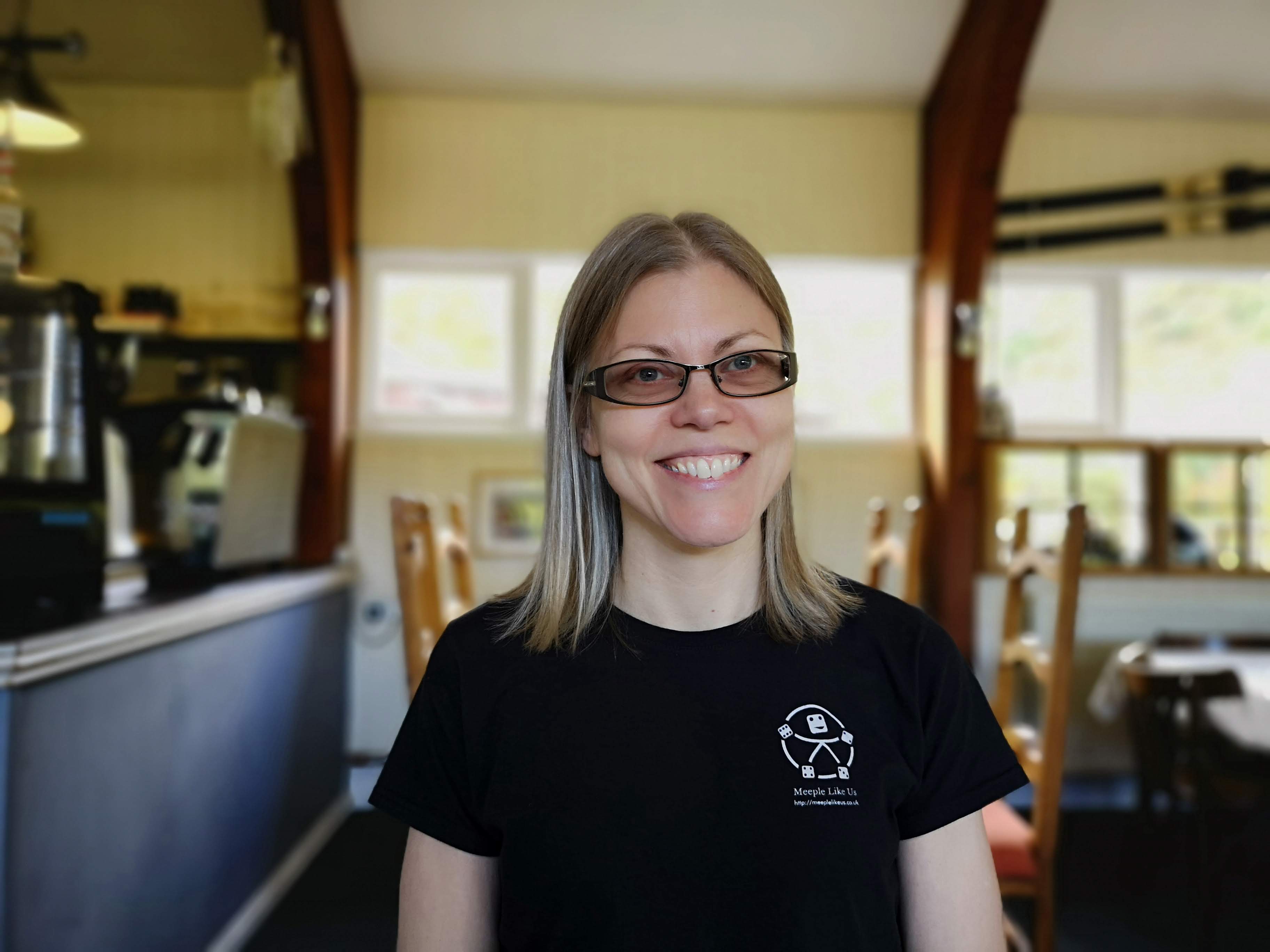

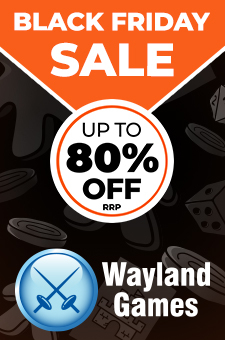
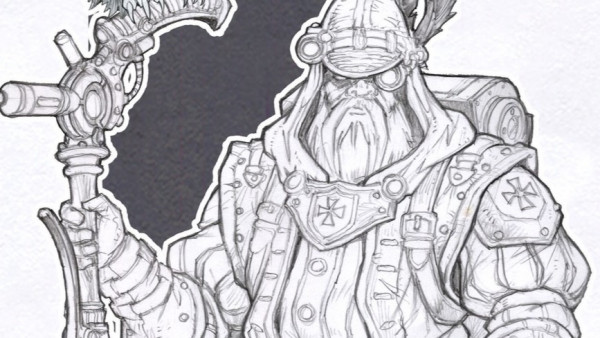
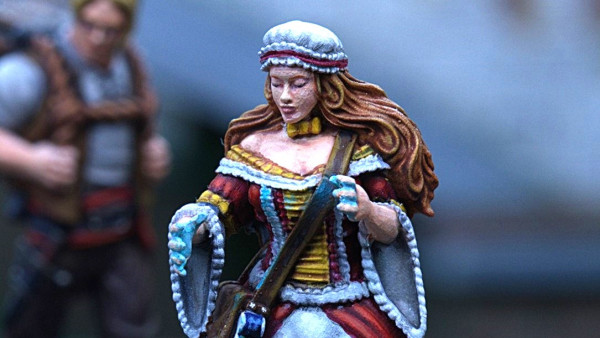

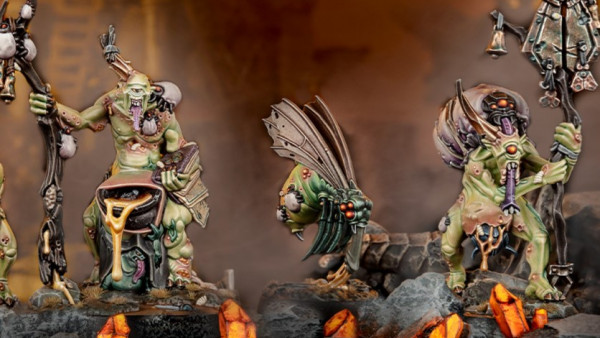
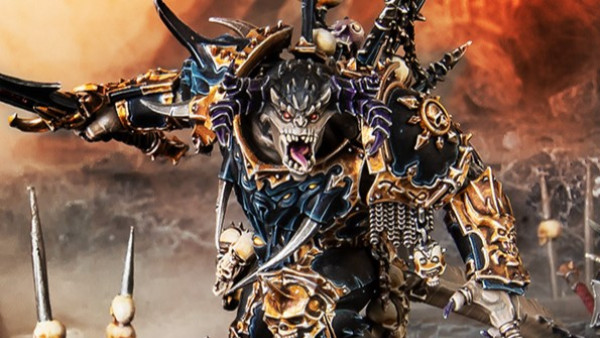
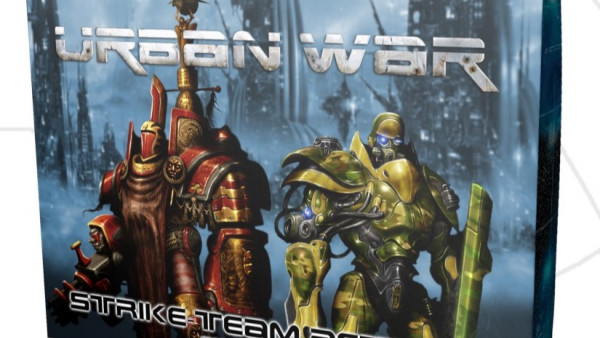
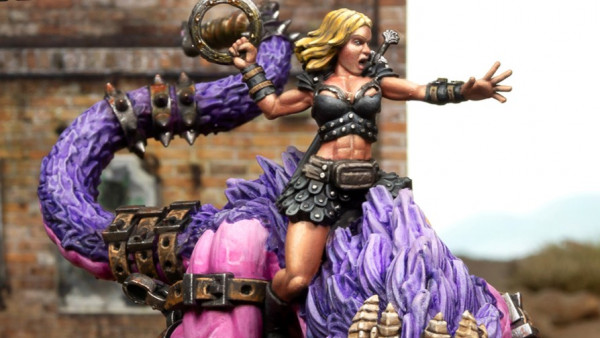
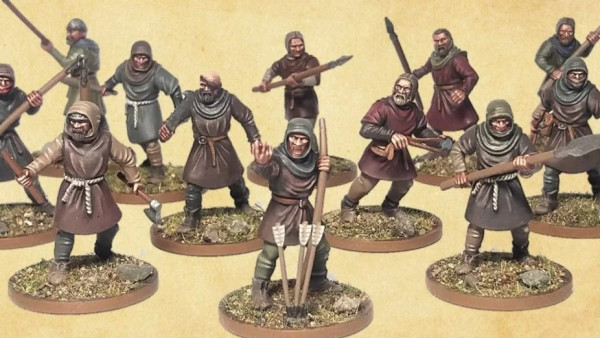
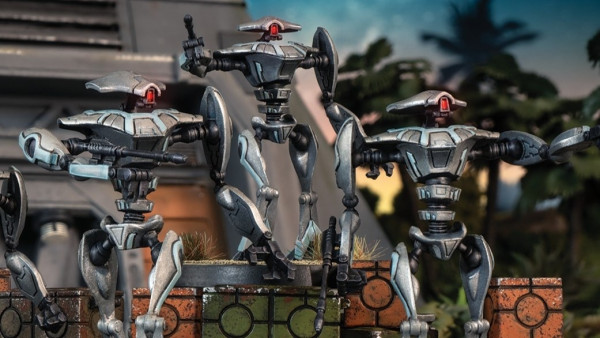
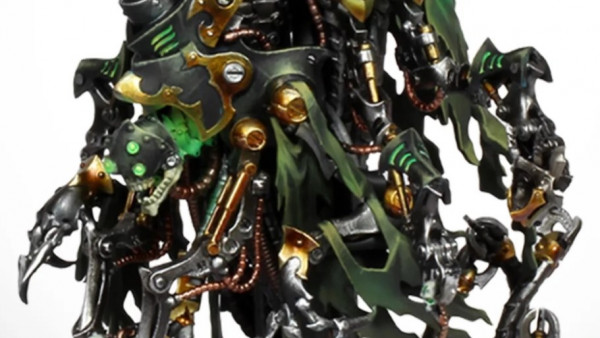
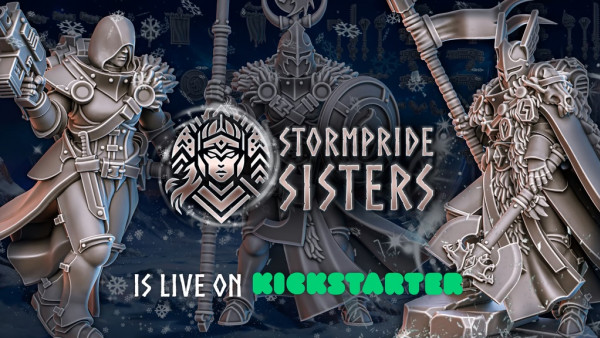
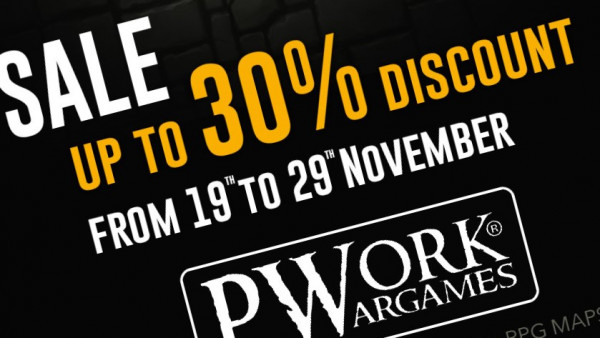
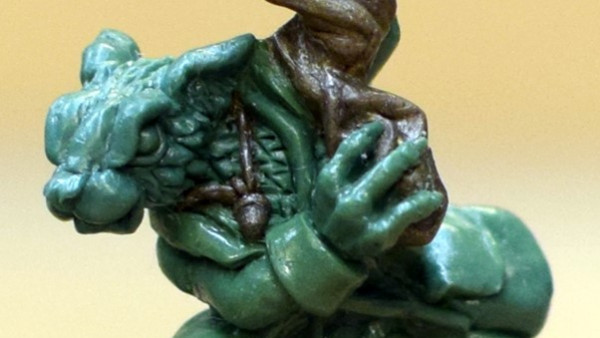
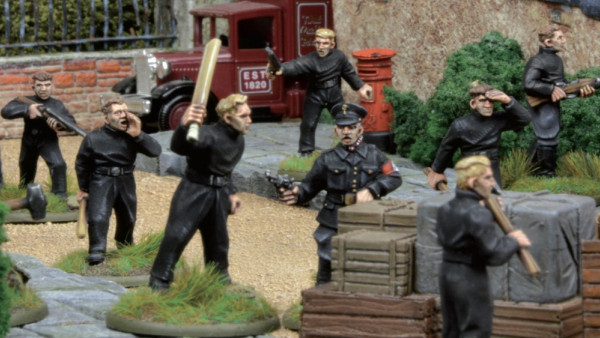
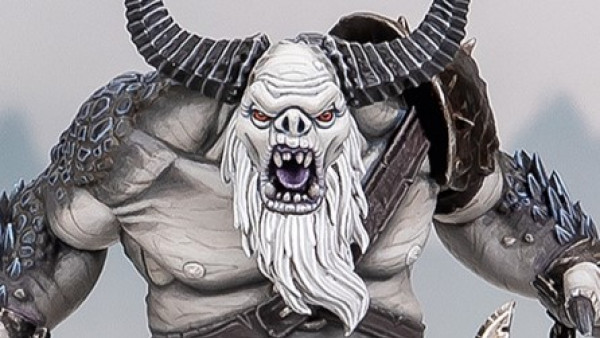
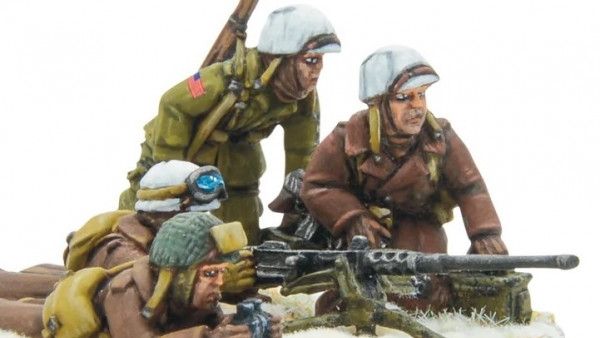
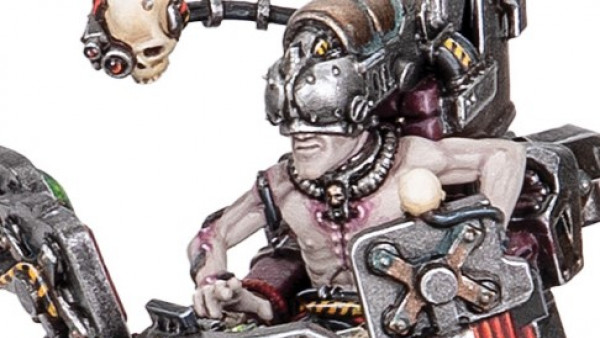
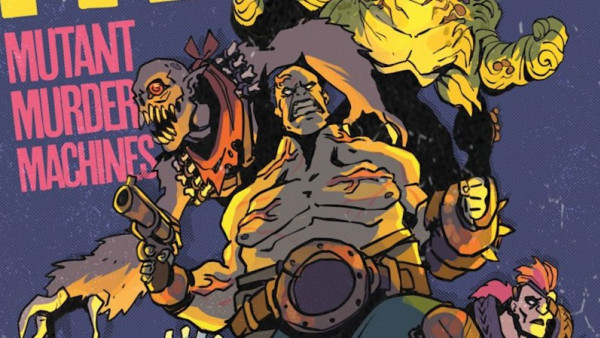
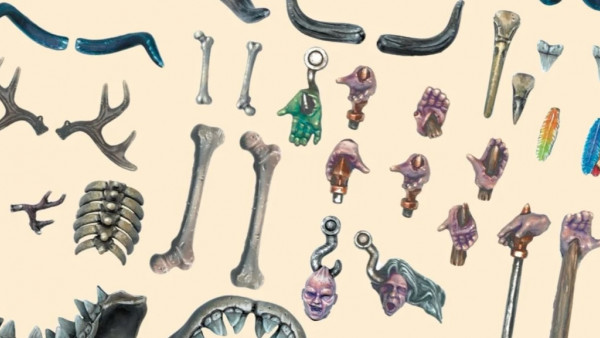
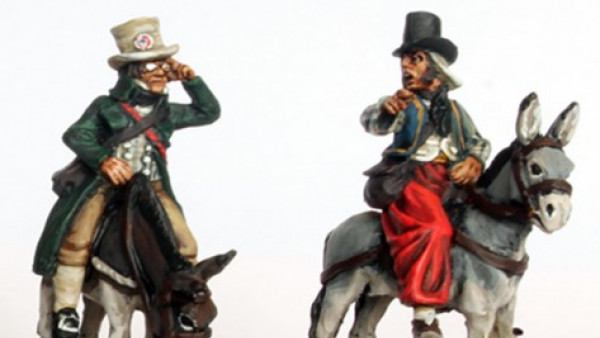
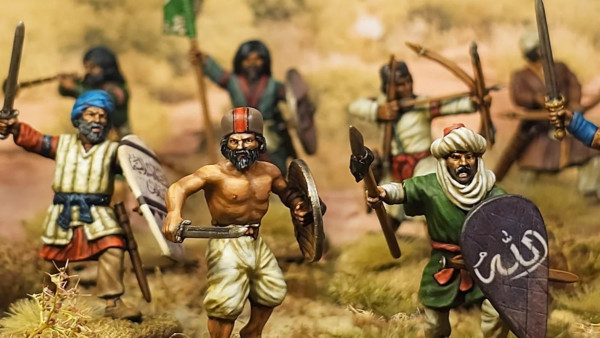
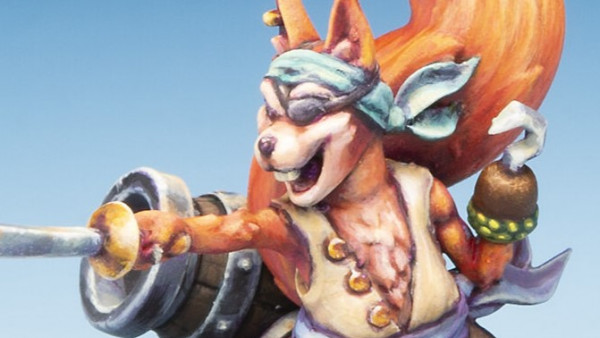

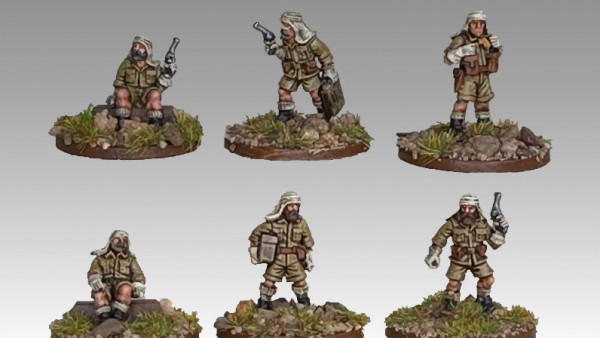

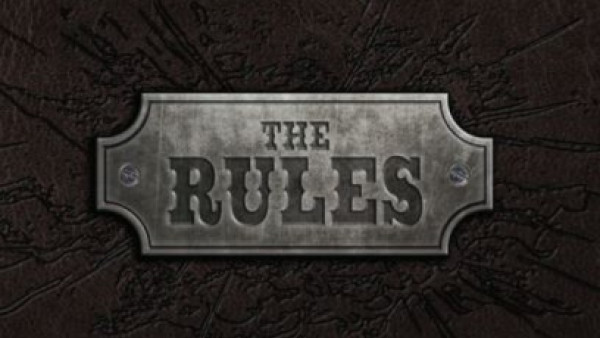
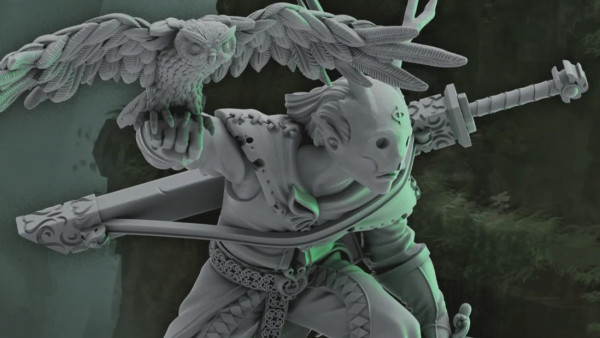
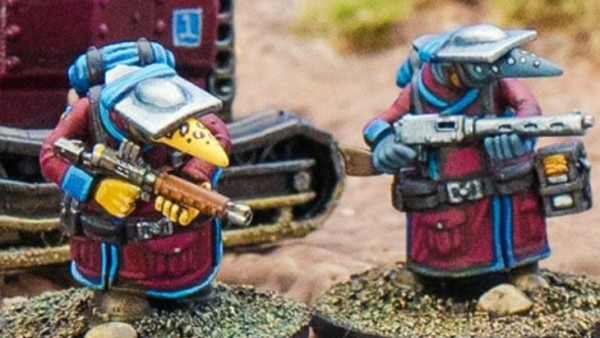
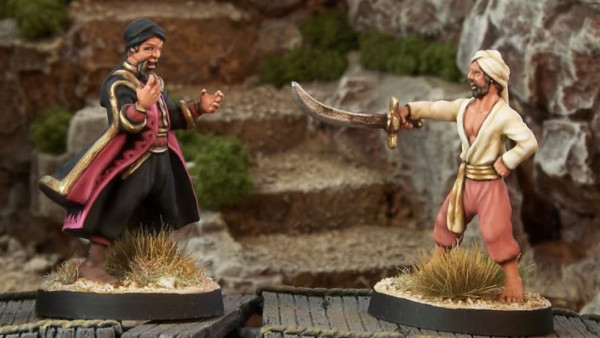
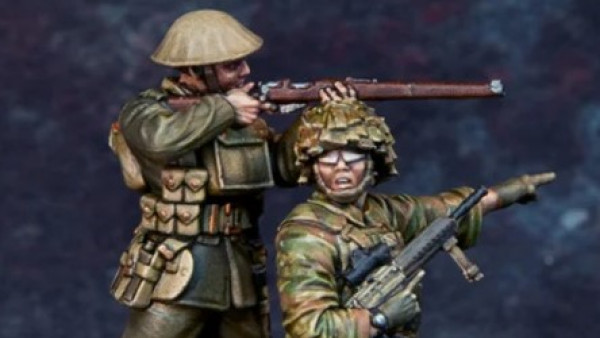


Needs more parts! (:
Also, wouldn’t mind articles on various one-person game companies and designers.
its good to see women are get in and making changes for all players like colour blind people hopefully the start of good an great things in the future.